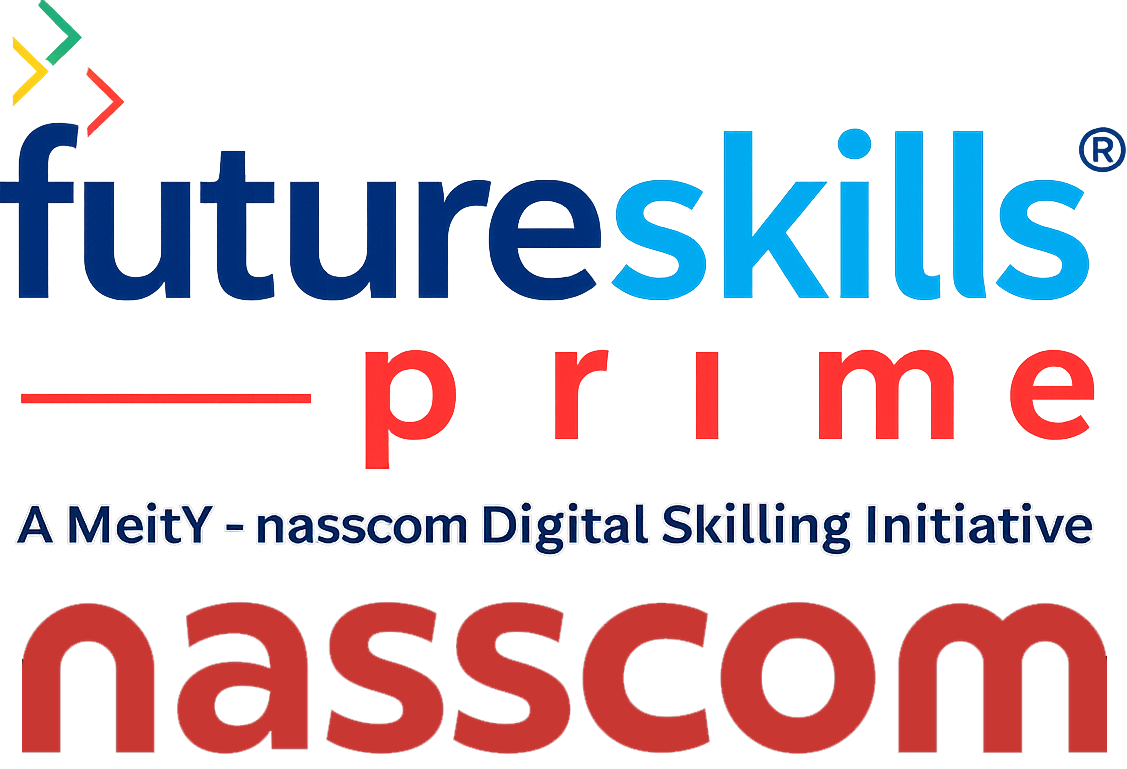Salesforce is a powerful and widely used customer relationship management (CRM) platform that can greatly benefit businesses. However, to fully leverage its capabilities, it is essential to provide effective training to your employees. By ensuring that your Salesforce training is comprehensive, engaging, and tailored to the needs of your organization, you can maximize its impact and empower your workforce. In this article, we will explore strategies and best practices to make your Salesforce training more effective.
Boosting Salesforce Training: Tips for Greater Efficiency
Salesforce is a complex platform that requires proper training for users to harness its full potential. Effective Salesforce training ensures that employees have the necessary skills and knowledge to use Salesforce effectively, resulting in improved productivity, streamlined processes, and enhanced customer experiences.
Assessing Training Needs
Before designing your Salesforce training program, it’s crucial to assess the specific needs of your organization. Identify the roles and responsibilities of your employees who will be using Salesforce and determine the skills and knowledge required for them to perform their tasks efficiently. Conduct surveys, interviews, or focus groups to gather valuable insights from your employees regarding their training needs.
Designing a Customized Training Program
Based on the assessment of training needs, develop a customized training program that aligns with your organization’s goals and objectives. Create a curriculum that covers all the essential Salesforce features relevant to your employees’ roles. Consider incorporating a blend of online courses, in-person workshops, and self-paced learning modules to cater to different learning preferences.
Engaging and Interactive Training Methods
To enhance the effectiveness of your Salesforce training, make it engaging and interactive. Avoid relying solely on lengthy PowerPoint presentations or dry lectures. Utilize multimedia elements such as videos, interactive quizzes, and hands-on exercises. Encourage active participation through group discussions, role-playing scenarios, and gamification techniques. This approach will keep your employees involved and motivated throughout the training process.
Hands-on Practice and Real-Life Scenarios
The best way to solidify Salesforce skills is through hands-on practice. Provide ample opportunities for your employees to apply what they have learned in real-life scenarios. Set up training sandboxes where they can explore Salesforce functionalities in a safe environment. Create realistic scenarios that mimic common business situations, allowing employees to practice problem-solving and decision-making within the platform.
Ongoing Support and Continuous Learning
Salesforce is a dynamic platform that frequently introduces updates and new features. To ensure your employees stay up to date and continually improve their Salesforce skills, establish a system for ongoing support and continuous learning. Offer access to resources such as knowledge bases, user forums, and webinars. Encourage employees to pursue Salesforce certifications and provide incentives for their professional development.
Evaluating Training Effectiveness
To gauge the effectiveness of your Salesforce training, establish key performance indicators (KPIs) and regularly evaluate the progress of your employees. Monitor metrics such as user adoption rates, time to proficiency, and customer satisfaction. Collect feedback from trainees through surveys or focus groups to identify areas for improvement and refine your training program accordingly.
Conclusion
By implementing these strategies, you can make your Salesforce training more effective and maximize the return on your investment in this powerful CRM platform. Remember to assess your organization’s specific needs, design a customized training program, incorporate engaging and interactive methods, provide hands-on practice, and support continuous learning. Evaluate the effectiveness of your training to ensure ongoing improvement and success.
FAQs
1. How long does Salesforce training usually take?
The duration of Salesforce training in Pune varies depending on the complexity of the program and the participants’ prior knowledge. Typically, a comprehensive training program can range from a few days to several weeks.
2. Is it necessary to have prior technical knowledge for Salesforce training?
While prior technical knowledge can be helpful, it is not a prerequisite for Salesforce training. The training programs are designed to cater to users with varying levels of technical expertise.
3. Can Salesforce training be conducted remotely?
Yes, Salesforce courses in Pune can be conducted remotely through virtual classrooms, online courses, and webinars. Remote training offers flexibility and convenience for participants located in different geographical areas.
4. What are the benefits of Salesforce certification?
Salesforce certifications validate an individual’s expertise and proficiency in using Salesforce. They enhance career prospects, increase job opportunities, and demonstrate a commitment to professional growth.
5. How often should Salesforce training be updated?
Salesforce training should be updated regularly to keep up with platform updates, new features, and industry best practices. It is recommended to review and revise training materials at least once a year.
In conclusion, making your Salesforce training more effective requires a thoughtful approach that considers the specific needs of your organization, engages learners through interactive methods, provides ample hands-on practice, and fosters a culture of continuous learning. By investing in comprehensive and tailored training, you can unlock the full potential of Salesforce and drive success for your business.





